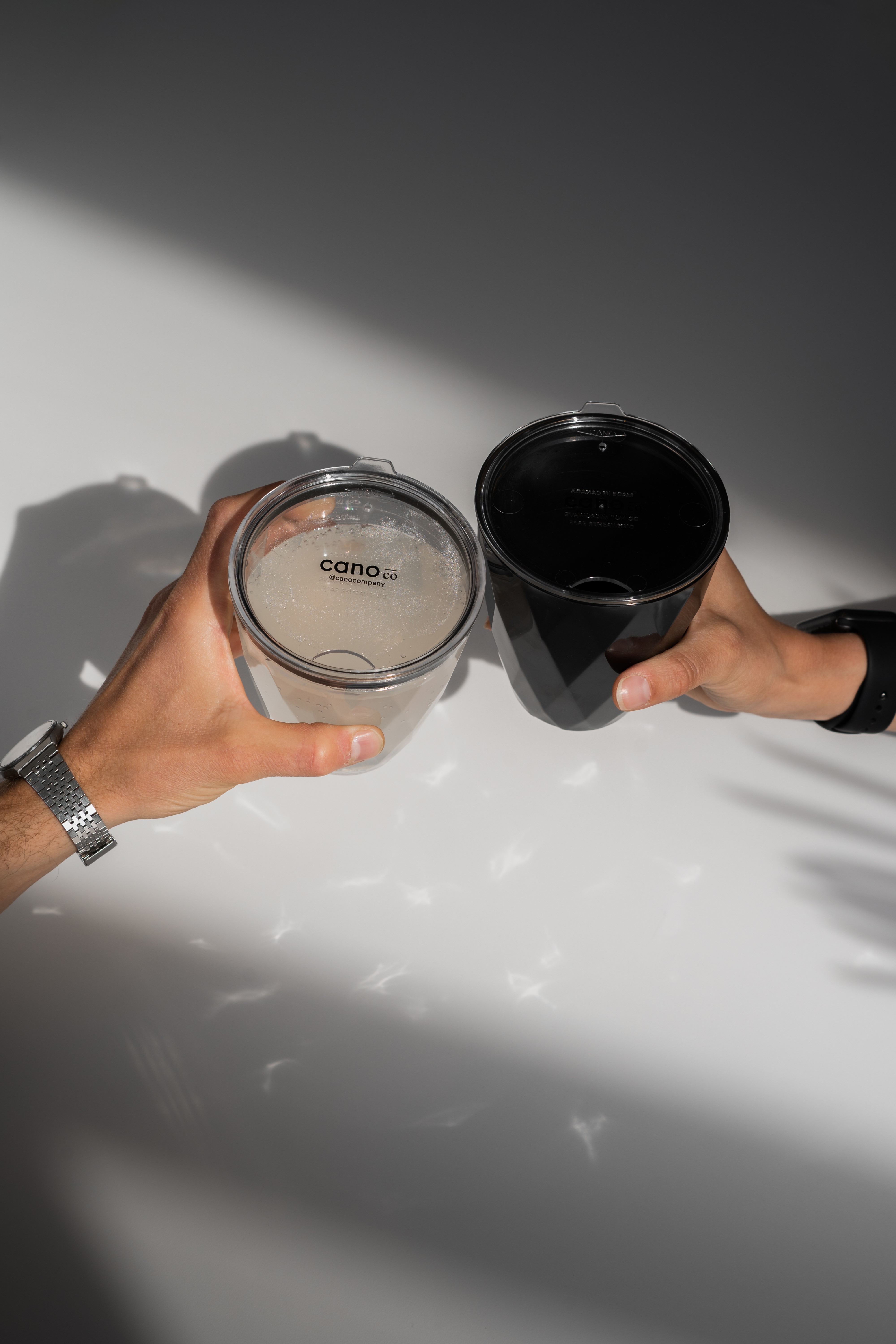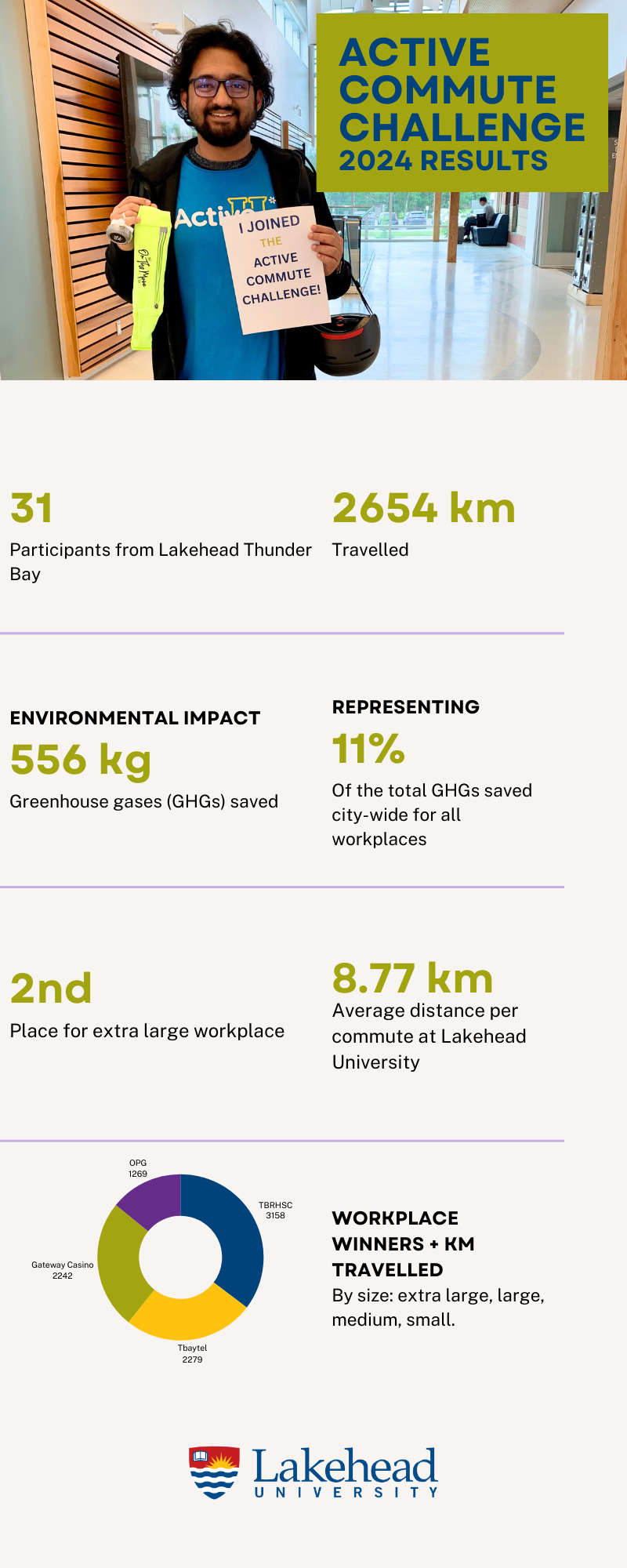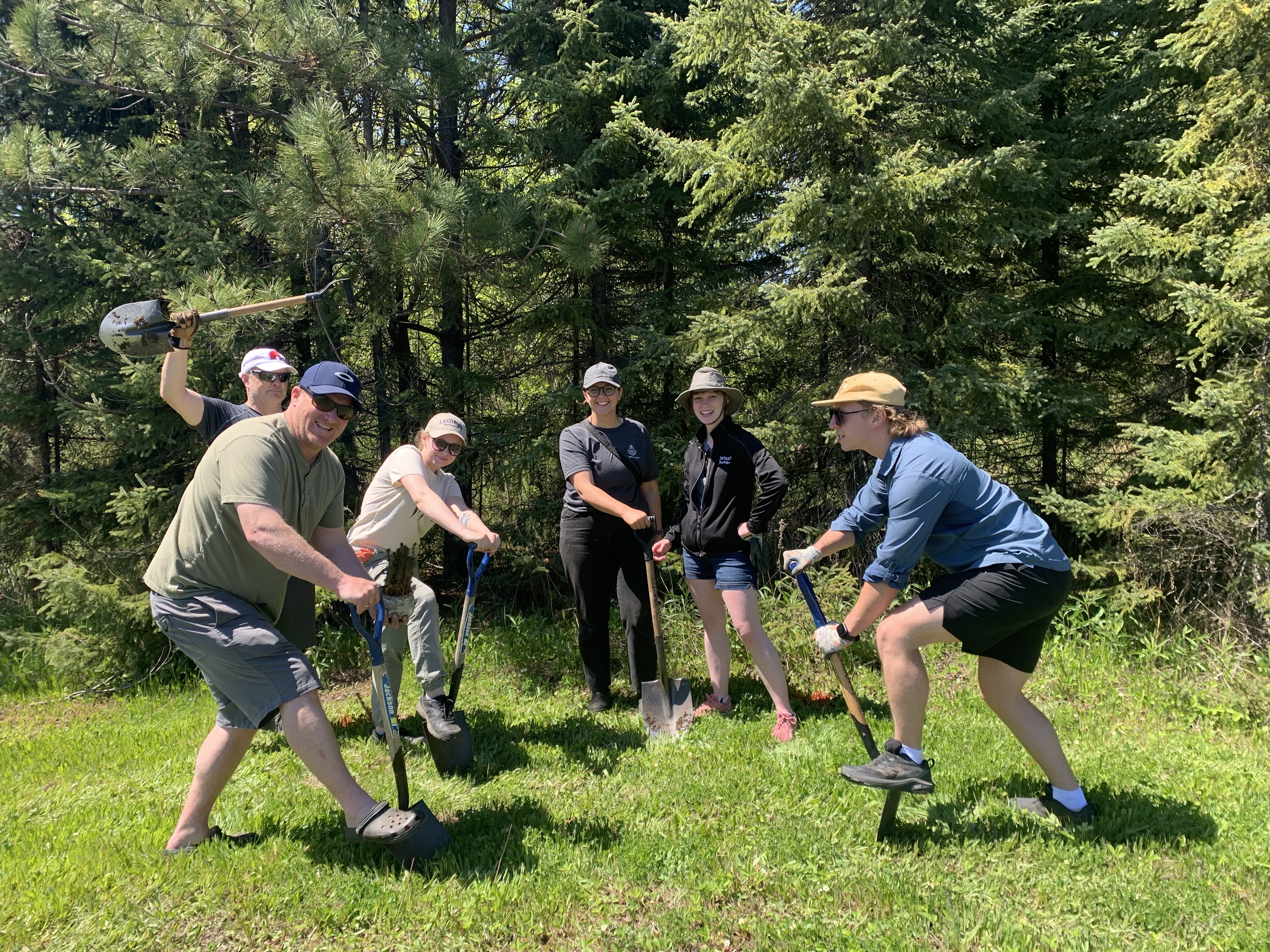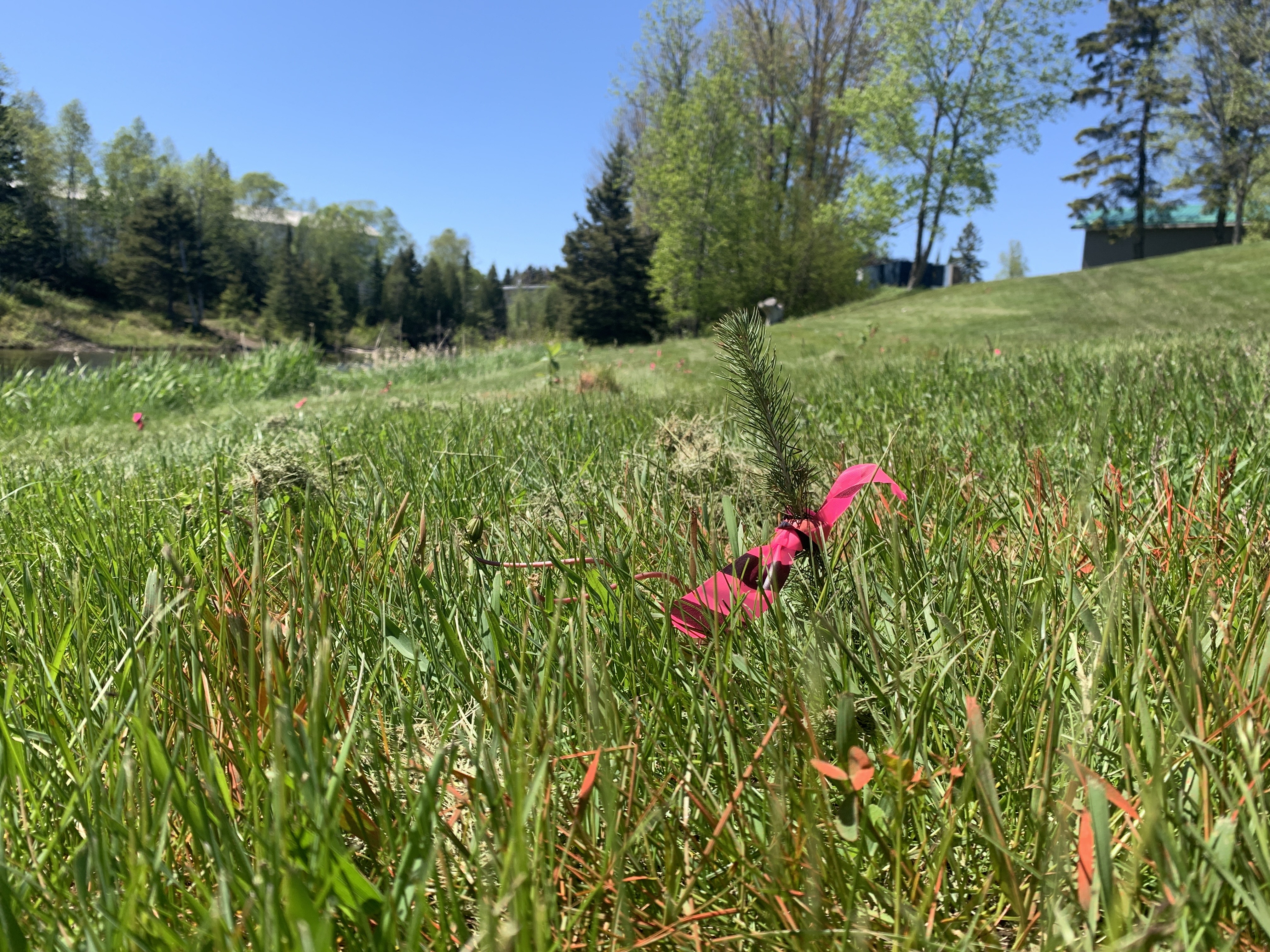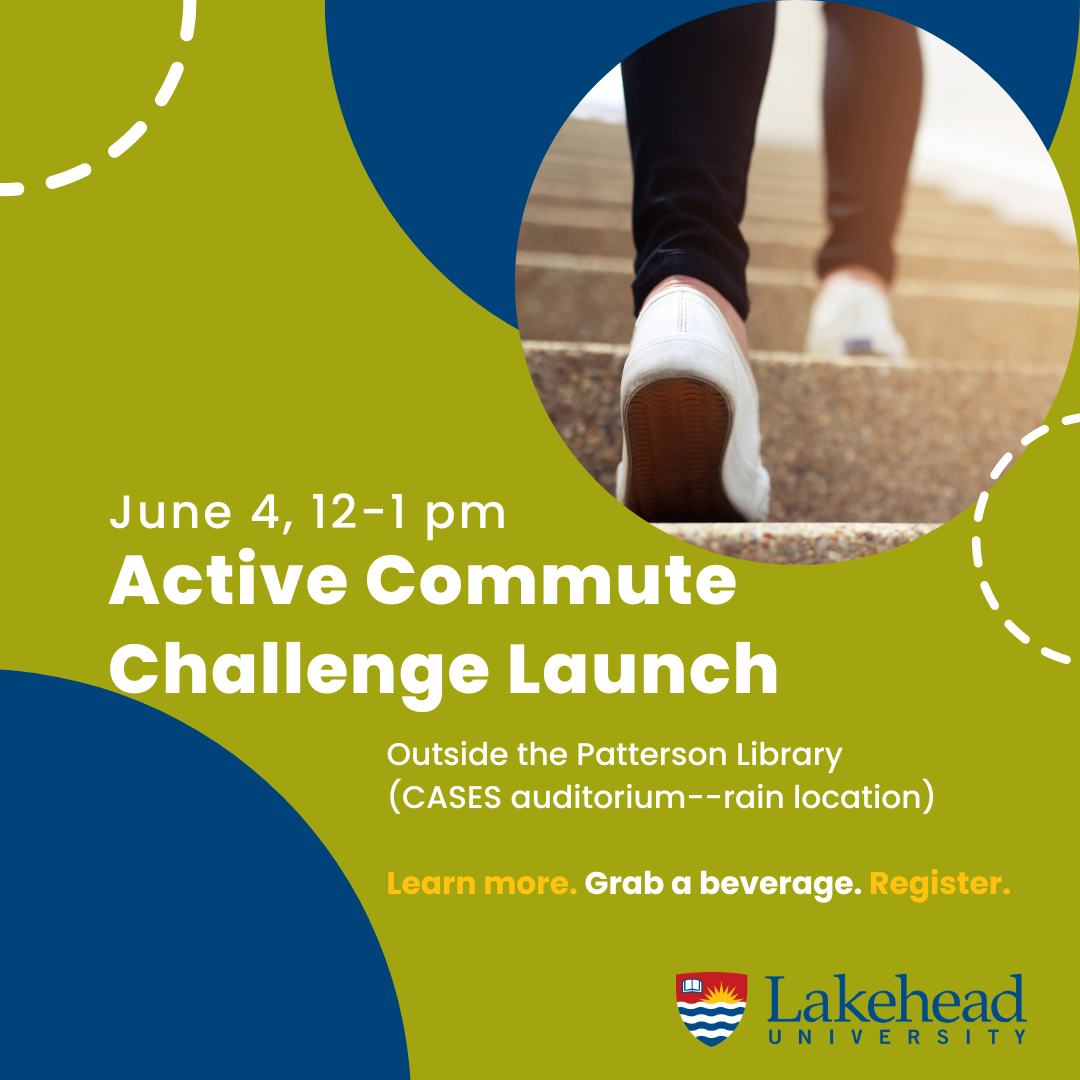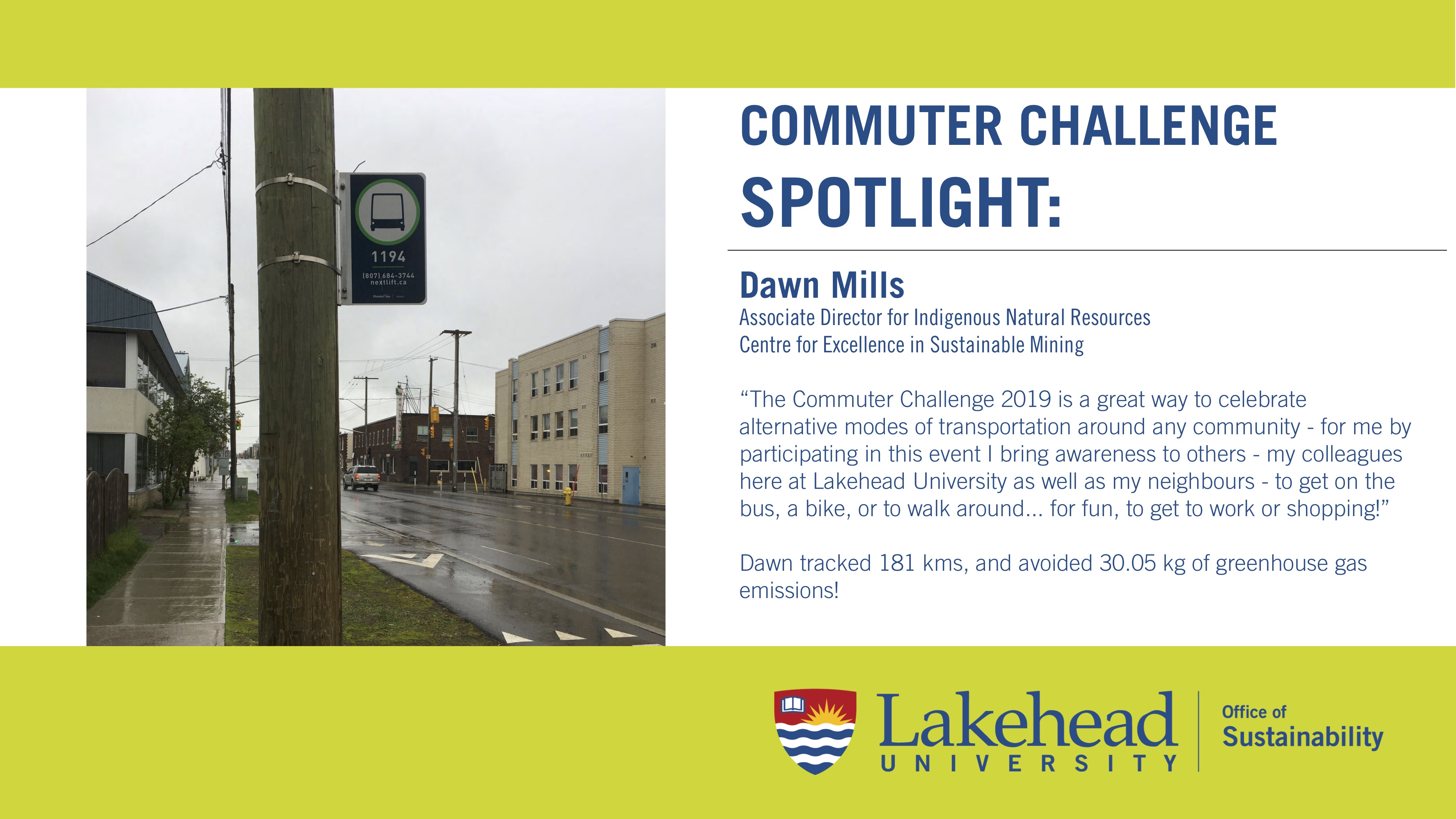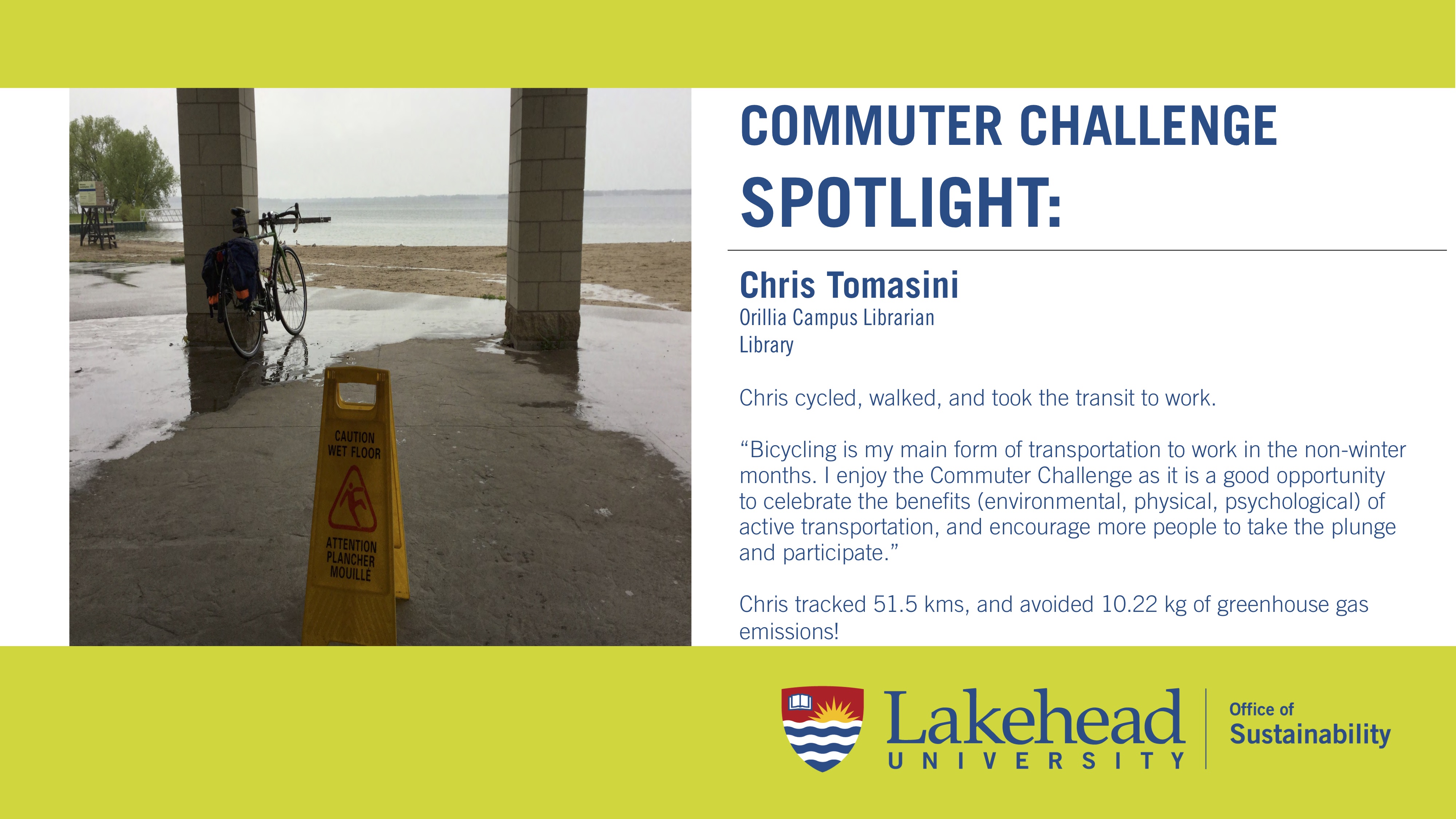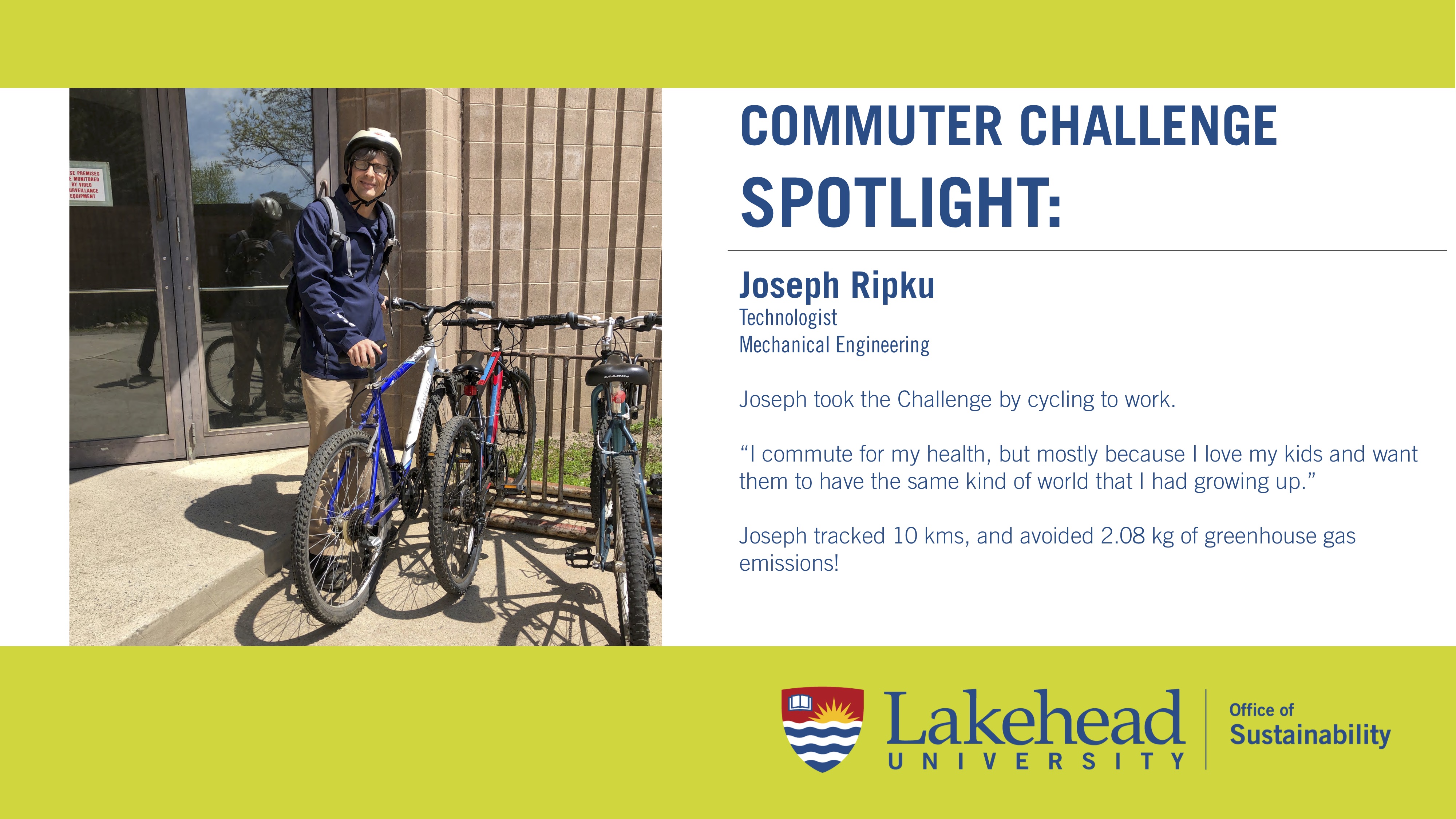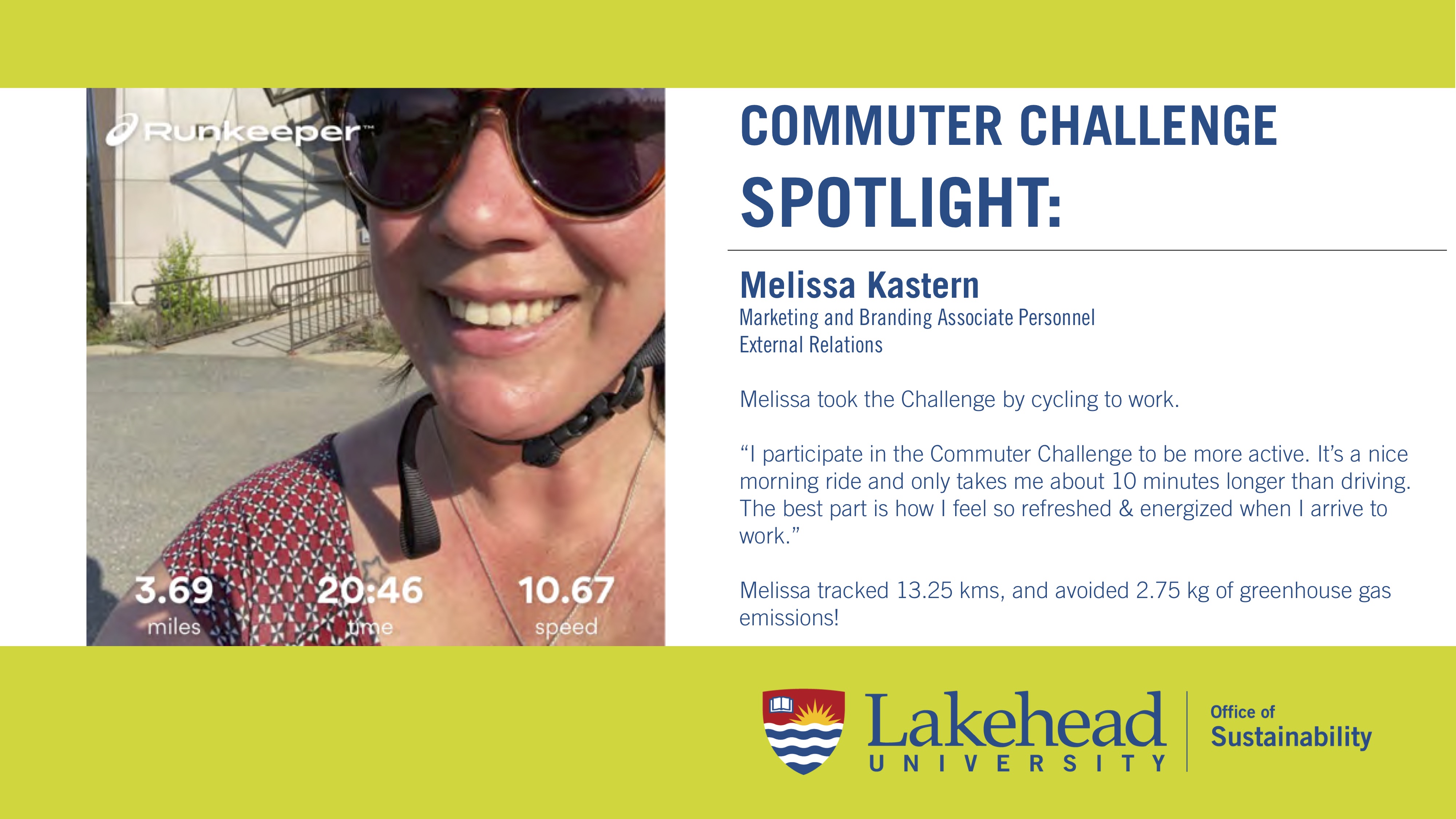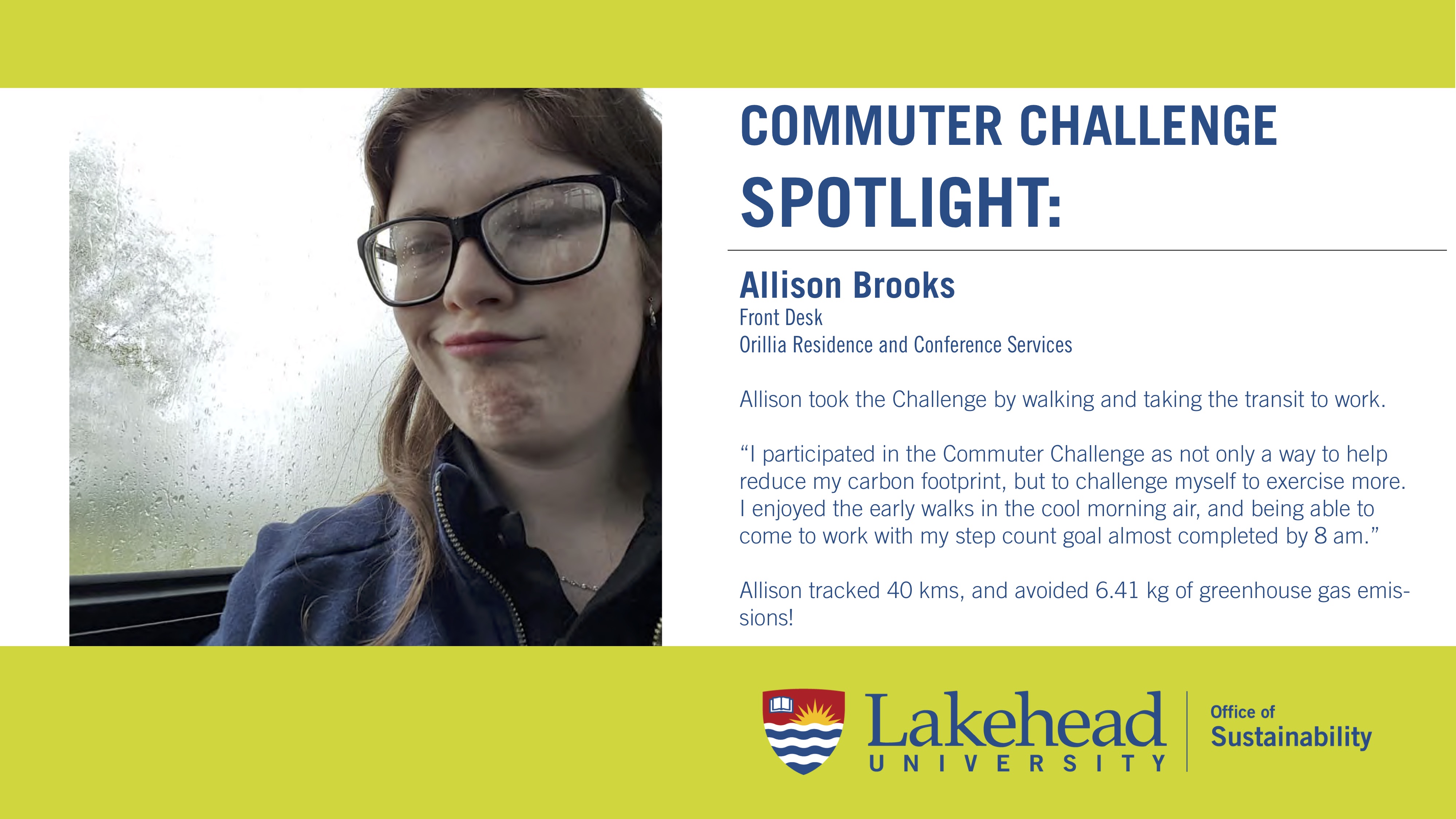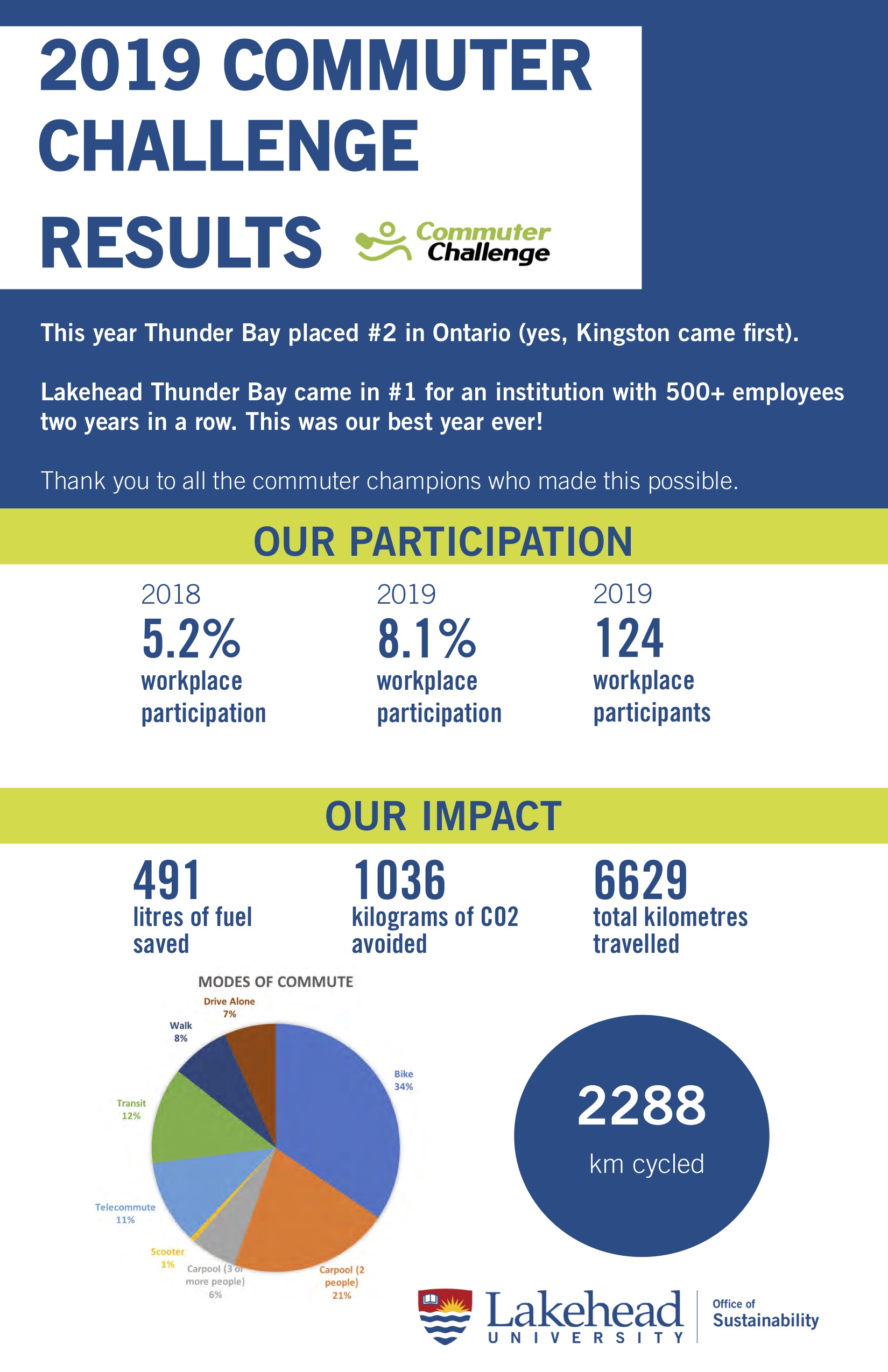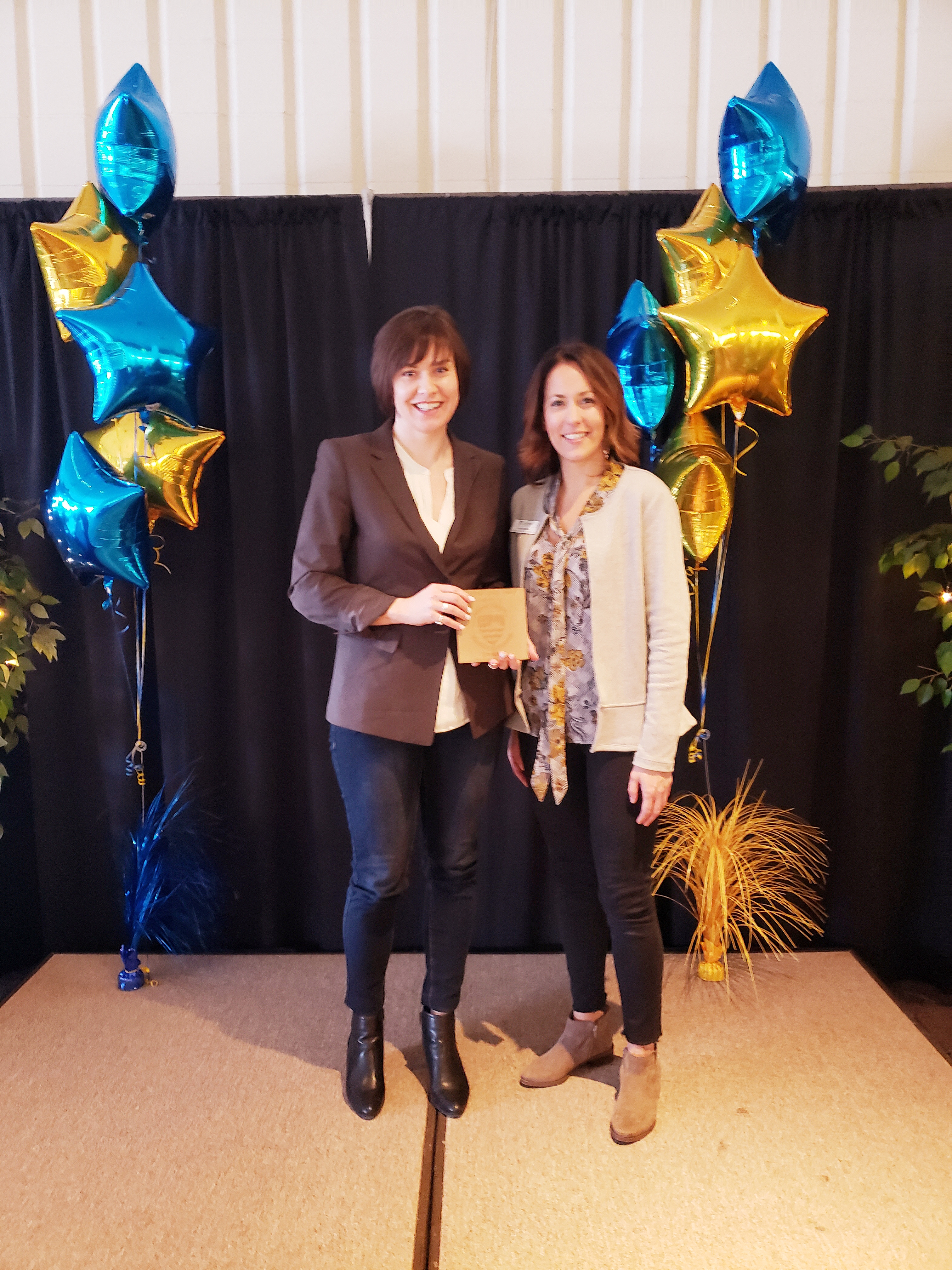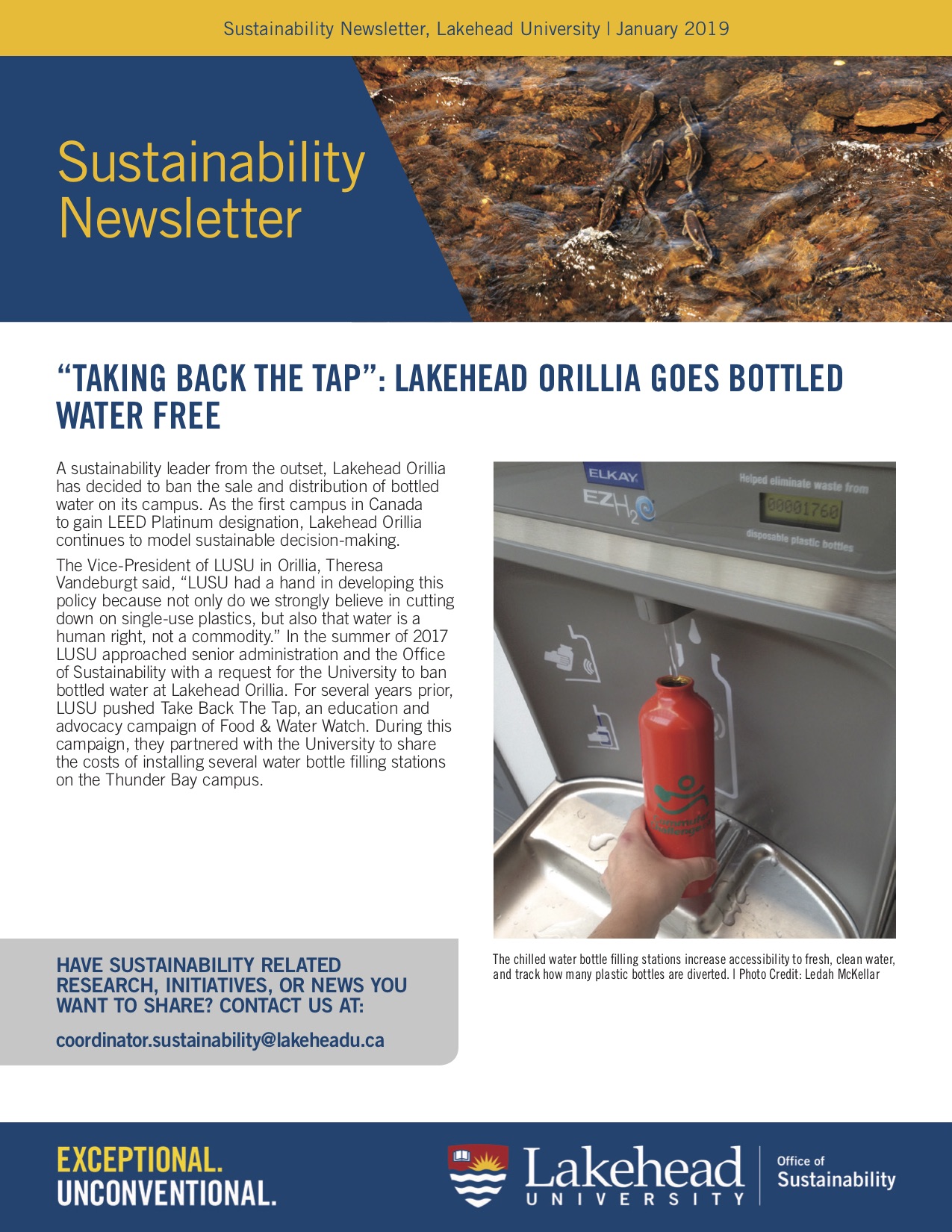I heard that Lakehead Orillia is phasing out the sale of bottled water on campus. Is this true?
Yes. In December, 2018, the Executive Team Working Group approved the Bottled Water Policy on the Orillia campus and improve access to free, clean, safe drinking water. This phase out will come into effect on January 10, 2019.
Why is Lakehead Orillia phasing out the sale of bottled water on campus?
The UN Committee on Economic, Social and Cultural Rights states that: "the human right to water is indispensable for leading a life in human dignity. It is a prerequisite for the realization of other human rights." (Source: un.org). As a leader in social responsibility and sustainability, Lakehead Orillia has enhanced free public access to drinking water, and the phase out will also help us reduce the waste associated with thousands of bottled water.
But aren't bottled water recyclable?
While bottled water are recyclable, they still require a significant amount of energy to manufacture, transport and eventually recycle. The use of durable water bottles is preferable in energy usage to recycling. Additionally, many bottles that should be recycled instead end up in the landfills, or worse, as litter that pollutes natural areas and watersheds.
Have other universities and institutions phased out the sale of bottled water?
Yes. Several Canadian universities and colleges have banned and/or encourage the elimination of bottled water.
Where on campus can I access free, safe drinking water?
There are two water refill stations and approximately eight public water fountains, located at University Avenue and Heritage Place. Refill stations and water fountains are cleaned daily. We will also be installing a water refill station in the Cafeteria.
What about access to water for people with disabilities?
All refill stations and public water fountains are accessible.
Is our tap water safe to drink?
Yes. Canadian municipalities are required to test drinking water multiple times a day. In fact, the quality control of municipal drinking water is much more rigorous than the testing for bottled water.
Where can I get a reusable container?
Reusable bottles are available for purchase from the Bookstore. They will be offering 15% off the purchase of reusable water bottles from January 10 to 18, 2019.
By inhibiting the sale of bottled water aren't you unfairly targeting bottled water and restricting individual choice?
Other beverages sold in bottles have similar environmental impacts as bottled water. However, those other beverages are not available from a tap or for free. By promoting tap water, we all help to expose the environmental, health, and socioeconomic impacts of bottled water. The choice in supporting public water and consuming tap water becomes clear.
Can I bring my own bottled water to campus?
Yes. However, you are encouraged to bring a reusable bottle and take advantage of the refill stations and public fountains available on campus.



